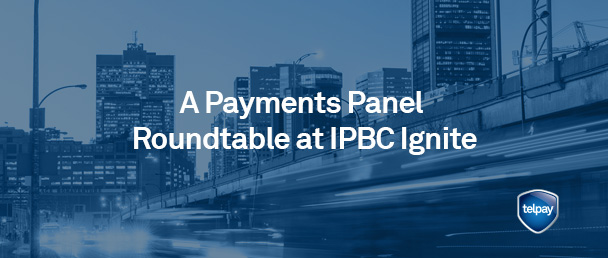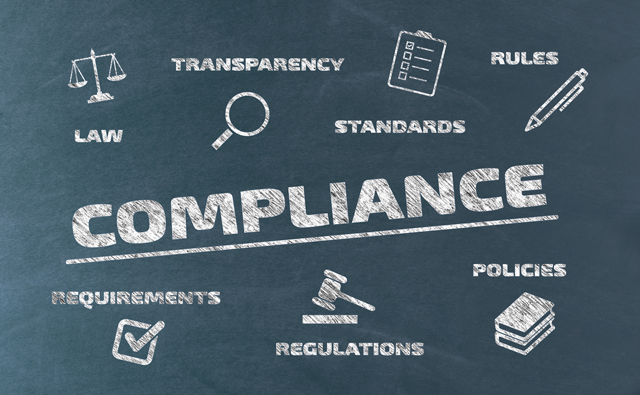We’re excited to announce that at the upcoming Institute of Professional Bookkeepers of Canada (IPBC) National Conference – Ignite 2017 – in Richmond Hill, ON, Telpay will be hosting an exciting roundtable featuring thought leaders in the payment and business industry!
IPBC is a member based association to help bookkeepers become more successful and gain better recognition within the bookkeeping profession. IPBC provides the environment, knowledge, and resources its members need to develop excellence in bookkeeping, through certification, education, networking, advocacy, information, and research.
The panel discussion aims to address Canada’s Evolving Payment Needs & Building a More Efficient Payment System for Industry. Electronic payment adoption has increased and is quickly developing to be an indispensable part of business. Accounting and bookkeeping processes are rapidly transforming, and it has become apparent that improvements are needed in the payment system to keep pace such as quicker notification of returned debits, frequent and faster payment processing between the banks, and improved oversight to protect all users.



